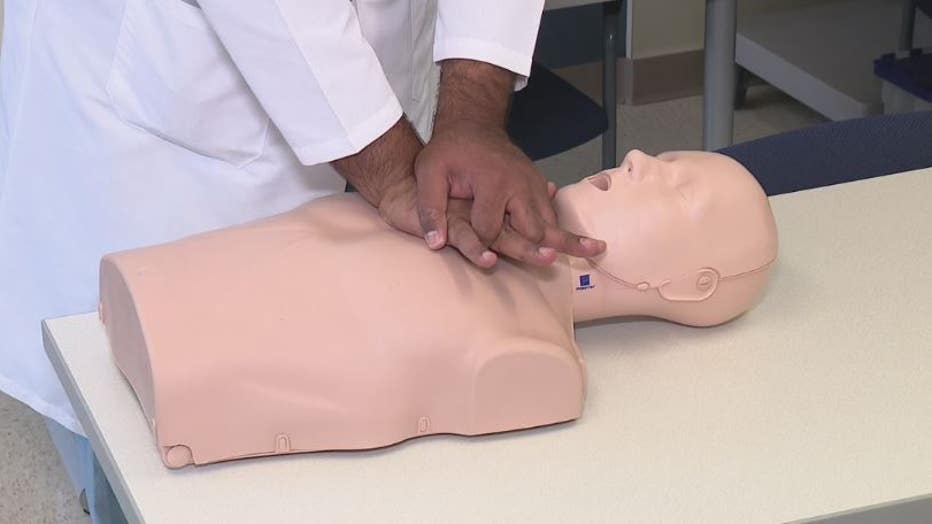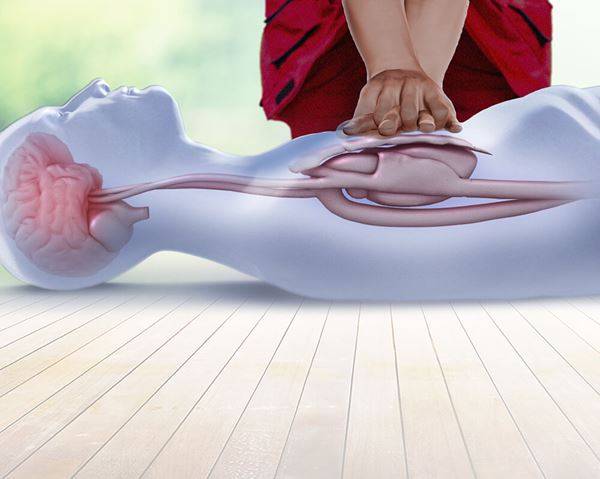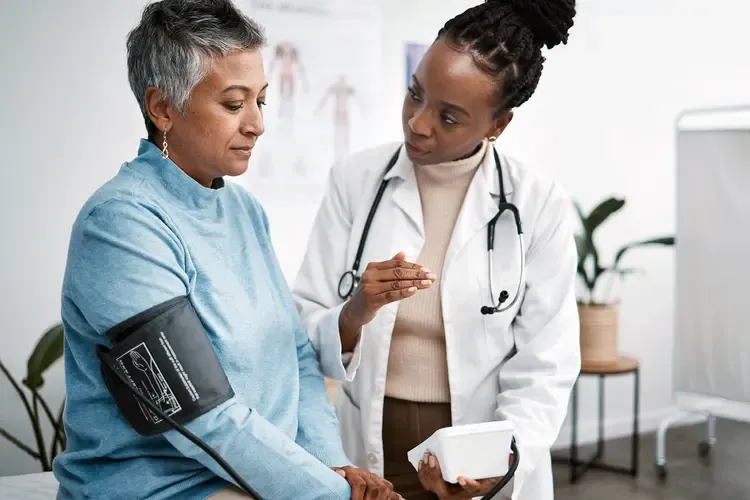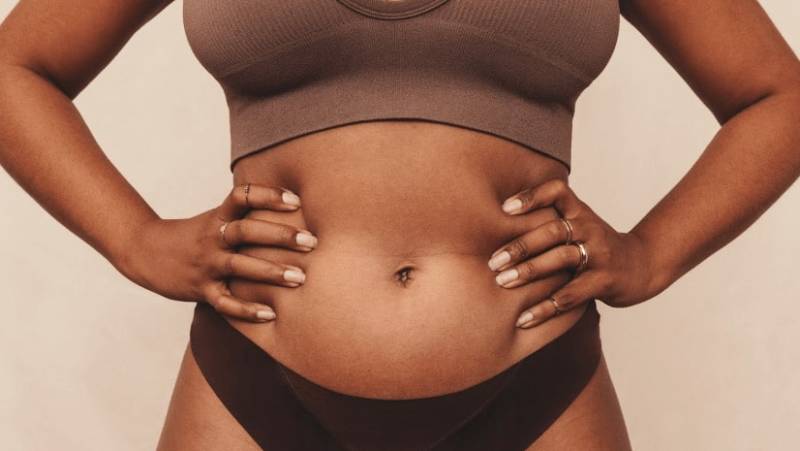Anyone can start lifesaving efforts in an emergency with CPR, says doctor
From a heat stroke victim to a potential drowning victim, if a person is unresponsive CPR should be administered right away.
FOX 2 - A good way to beat the heat is outdoor fun at a swimming pool or lake. But sometimes the heat can turn tragic like Memorial Day when 6-year-old Zaniya Bland of Detroit died from drowning at Kensington Metro Park.
When tragedy strikes before emergency crews arrive you can start life-saving efforts through CPR.
"CPR stands for cardiopulmonary resuscitation, so it helps patients who have both cardiac pulmonary or breathing problems, when they’re not sustaining life," said Dr. Babar Basir, cardiologist, Henry Ford Health.
From a heat stroke victim to a potential drowning victim, if a person is unresponsive CPR should be administered right away.
"CPR is designed to resuscitate the body that it pushes blood from the heart, to the brain and the rest of the body," said Dr. Basir.
When most people think of CPR, they think of mouth-to-mouth resuscitation. But doctors say hands-only CPR is effective and will keep you safe from contagious viruses like COVID-19.
Dr. Basir demonstrated hands-only CPR
"'Mannequin Henry' was found down and unresponsive - if they’re non-responsive we will check for breathing and a pulse," he said.
If you don’t find those things call 911 and start CPR.
"We hold our palm of the hand over the chest," he said. "We’re doing chest compressions and you’re doing it at a rate of about 100 to 120 beats per minute.
"Do that at a rate of about 100 to 120 beats per minute, and we sing the song 'Staying alive' and we keep doing CPR until we get help."
This technique works for adults and children, he said.
"We typically use the same positioning for newborns that are less than one-year-old - you don’t need to use the base of your hand you can use the base of your thumbs," Basir said.
"Ninety percent of people who have cardiac arrest will die," he said. "And CPR increases or improves that survival by about 200 to 300 percent."





